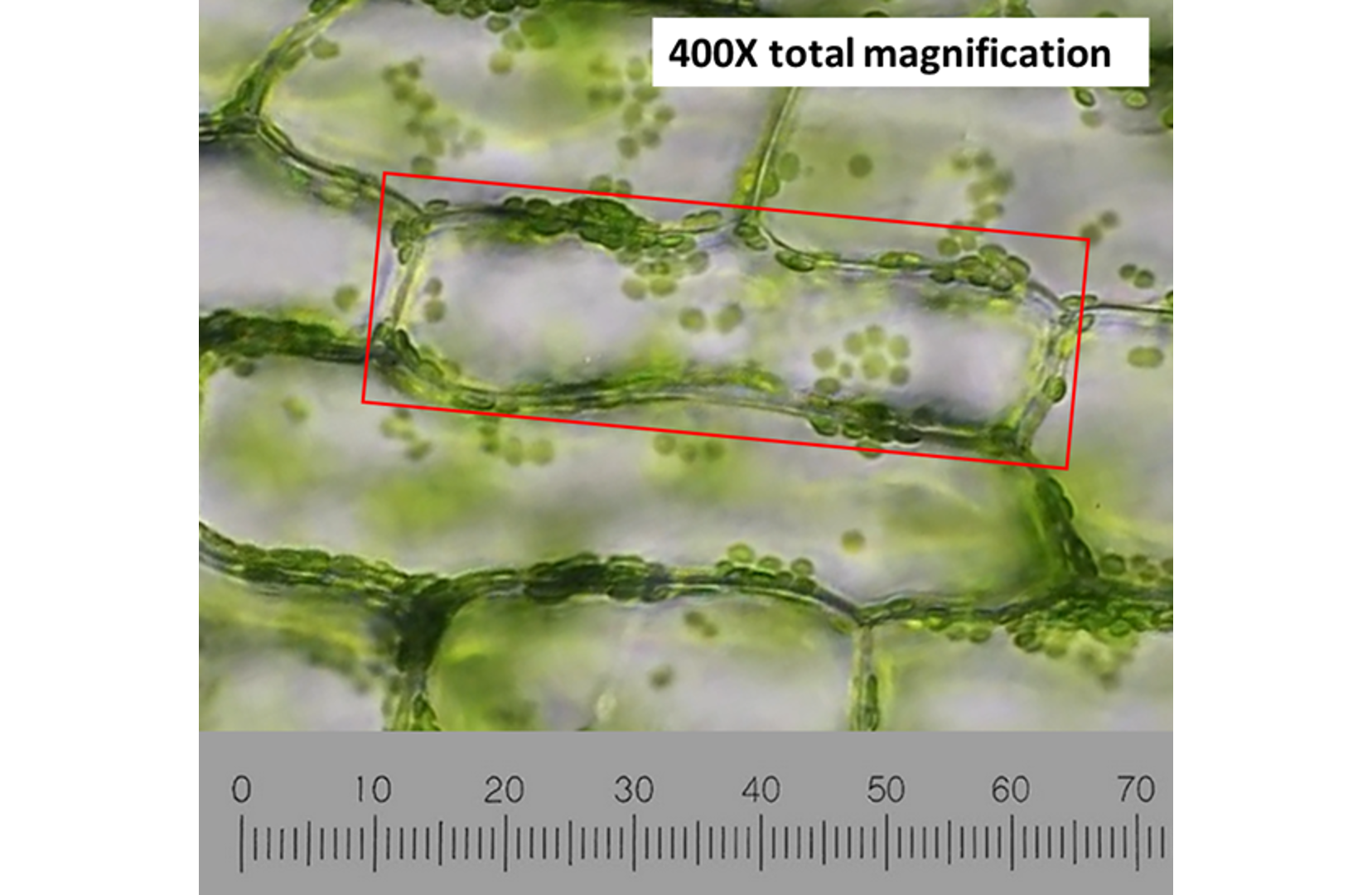Lab 3: Cells
1/6
There's no tags or description
Looks like no tags are added yet.
Name | Mastery | Learn | Test | Matching | Spaced |
|---|
No study sessions yet.
7 Terms
Of the organisms we’ll be looking at in Lab 3, which one is most closely related to animals?
Elodea
Paramecium
Nitella
Amoeba
Amoeba
The prepared slide of human cheek cells was prepared by adding methylene blue to the cells. Methylene blue binds to [ Select ] ["protein", "sugar", "DNA"] and it helps to increase the [ Select ] ["contrast", "magnification", "resolution"] .
DNA, contrast
The fast and long-distance movement of mitochondria along the axon of animal nerve cells is mainly facilitated by the motor proteins dynein and kinesin. Which of the following drugs are BOTH expected to reduce movement of mitochondria between the cell body and the terminal branch of an axon in animal nerve cells?
FCCP (inhibits mitochondrial production of ATP) and Nocodazole (disrupts microtubules)
Cytochalasin D (disrupts actin filaments) and FCCP (inhibits mitochondrial production of ATP)
2,3-butanedione monoxime (inhibits myosin motor activity) and Cytochalasin D (disrupts actin filaments)
FCCP (inhibits mitochondrial production of ATP) and Nocodazole (disrupts microtubules)
Will beads coated in myosin be transported in an axon of a nerve cell?
No, because axon transport requires a motor protein that can bind to microtubules
Yes, because the myosin would be able to bind to the microtubule tracks in the axon.
Yes, because myosin would be able to "walk" along the actin filaments in the axon
No because the axon does not contain ATP necessary for motor protein movement
No, because axon transport requires a motor protein that can bind to microtubules
*nerve cell = animal cell
Which of the following structures are found in plant, animal, and bacterial cells?
Chloroplast
lysosomes
Mitchondria
Ribosomes
Ribosomes
What is the direct mechanism by which FCCP inhibited cytoplasmic streaming?
It dissipated proton gradients, hindering ATP production
It binds and alters the calcium concentration of Nitella cells
It binds and blocks the actvity of myosin
It binds and alters the activity of actin.
It dissipated proton gradients, hindering ATP production
The following specimen was observed at 400x total magnification. A reticle is shown. At 100x total magnification one subdivision of the reticle represents 10um.

What is the approximate longitudinal (horizontal) length of the cell that is indicated by the red box?
20 microns
200 microns
50 microns
125 microns
12.5 microns
125 microns
At 100x magnification, 1 reticle subdivision = 10 μm.
400x magnification is 4× higher than 100x.
Therefore, at 400x, 1 reticle subdivision = 10 μm ÷ 4 = 2.5 μm per subdivision.
2.5 × 50 increments = 125 microns